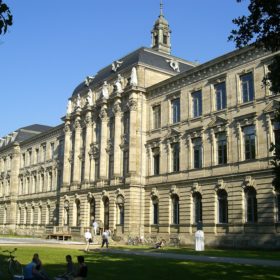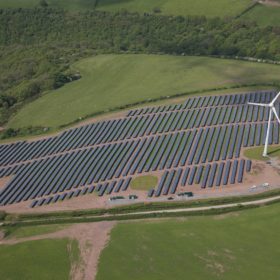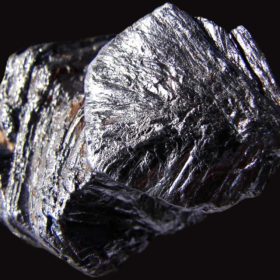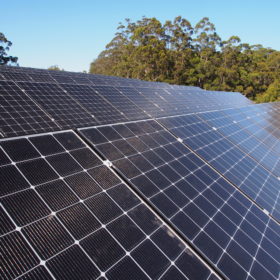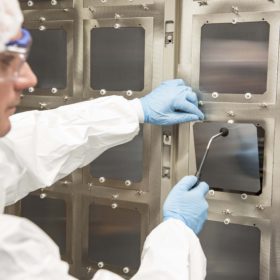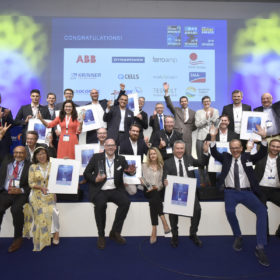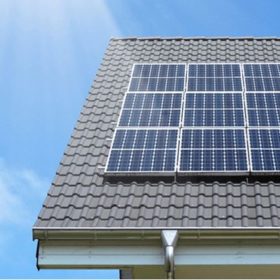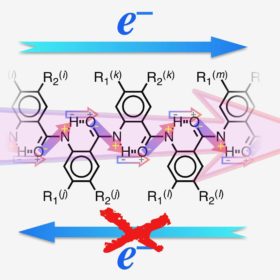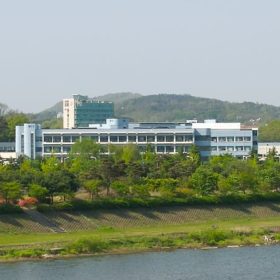German scientists use chemical process to boost solar cell efficiency
A team of researchers from the University of Erlangen-Nuremberg in Germany has published research into a physical-chemical process known as singlet fission, which it says could boost solar efficiency by as much as 50%.
UK: Committee on Climate Change urges action from Government
A report published this week by the UK’s Committee on Climate Change warns that the country is currently not on course to meet emissions reduction targets set out in its Carbon Budget legislation; and outlines a series of actions it believes the government should take in order to get back on track.
Researchers discover new method to control excitons
A team of scientists led by Russia’ National University of Science and Technology (NUST MISIS) has made a discovery that allows them to better control excitons in a multi-layered semiconductor. In time, the discovery could lead to the development of unique new solar cell materials.
Off-grid in Australia: Unlimited Energy and Tesvolt discuss their award-winning project
German battery manufacturer, Tesvolt and EPC Unlimited Energy won the Smarter E award last week, for their innovative off-grid solar plus storage project in South Western Australia. The project demonstrates how solar can provide a reliable energy supply without back up from the grid, and why it is set to spread around the world even faster than many predict.
Oxford PV hits world record efficiency for perovskite/silicon tandem cell
U.K.-Germany based Oxford PV has announced the achievement of 27.3% efficiency on its perovskite-silicon tandem cell. The record has been confirmed by the Fraunhofer Institute for Solar Energy Systems (ISE).
REC Group launches new half-cell solar module
At last week’s Intersolar Europe show in Munich, Norwegian headquartered manufacturer REC Group unveiled its latest module innovation, the N-peak series. The new solar PV modules will be the first to combine n-type, mono-cSi and half-cut cell technologies.
The smarter E show: A wealth of innovations rewarded
At the smarter E-Intersolar Europe trade show this week, awards have been given to the technologies driving the energy transition to a low carbon future. Prizes include the Intersolar Award, recognizing PV technology; the EES prize for storage innovation; and the smarter E awards – one of which was given to an off-grid agricultural project in Australia.
Positive performance for Renesola continues into 2018
Developer has posted positive financial results for the second quarter running, following the company’s restructuring. Though its discontinued module manufacturing operations are not included in financial results for the first quarter, the company more than tripled net income on the previous three-month period.
University of California gives electrons a one-way ticket
A new study from University of California, Riverside, uses electric dipoles to accelerate electron in one direction, whilst completely stopping it in the other. The discovery, according to researchers, could lead to improvements in solar cell and other energy conversion technologies.
Korean researchers propose new material for stable, lead free perovskite
A team of scientists from the Korea Advanced Institute of Science and Technology (KAIST) has proposed a gold-based halide perovskite as a material for high efficiency solar cells, which it says could be both more stable and more environmentally friendly to produce than many existing perovskites which scientists are investigating to boost solar efficiency.

